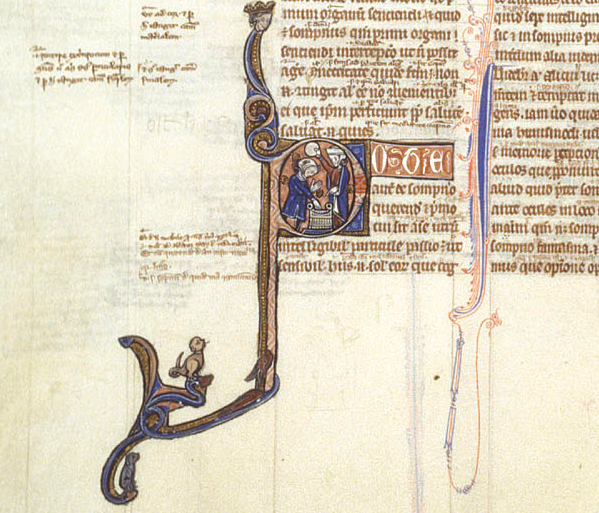One Less Thing to Hide – Washing Up
As anyone who knows us and what Company of the Staple does, knows that we like to cook. It’s our thing. It initially started off as a way to stop us losing several people on the display when it came to lunch time, and then those people having to hide behind the tents while they ate hamburgers and chips and finished their cans of soft drink.
The change was slow as we learnt recipes, with the first events all cold spreads; pies, meats, cheeses, pates and breads. We moved on to stews, to harder pre-cooked receipes, to making more complicated sauces and dishes on site. Over the past few years at the St Ives Medieval Faire, we’ve even used a bread oven to make fresh bread and this last year, we made a complex subtlety, a burning pastry castle.
It’s a display in it’s own right. Showing how food was prepared, the meanings behind food, how it tied back to medicine in the humoral theory, how they made food last without fridges and without being able to import food from the other side of the world.
But there was still a part missing. When food is cooked on site, and it’s no longer cheese and bread but soups and sauces, a wash up is required. It’s a lot easier to wash up if people aren’t being sent back behind the tents like naughty children, but are instead able to be part of the display, showing a very normal, every day task.
Our washing up system is that we try to always have a pot of water heating on the fire.
We have a wooden tub – in which an inch of cold water is placed first (the wooden tub is waxed to help seal it, so pouring hot water straight in will melt this and ruin the seal) before warm water is added to bring it up to temperature.
We have a bar of olive oil soap (known as aleppo soap) which we buy from Mainly Medieval and a small wooden brush (palm sized and with brushes like a scrubbing brushes.)
The brush is rubbed on the soap to get soap in it.
Glasses and cutlery and the least dirty bowls get washed in the tub and then the the next most dirty dishes.
Super dirty pots get warm water poured into them and are scrubbed by themselves.
When the water gets too filthy, it’s tossed and the process starts again.
It means that you don’t need a bag to hide the detergent. That the dishes don’t have to be swept away out of sight and then brought back. that the washing up doesn’t have to be done out of sight or the washing up gear to be carefully hidden. It can just be out, on the display. One less thing to hide.
The featured image is Libri Naturales by Aristotle, with the book being transcribed and images drawn in the late 13th century in England. This book is featured on the British Library and can be found here. The image shows a women pointing at a bucket while someone else has their hand in the bucket. It seemed fitting, because this is often what washing up feels like.

Comments are closed.